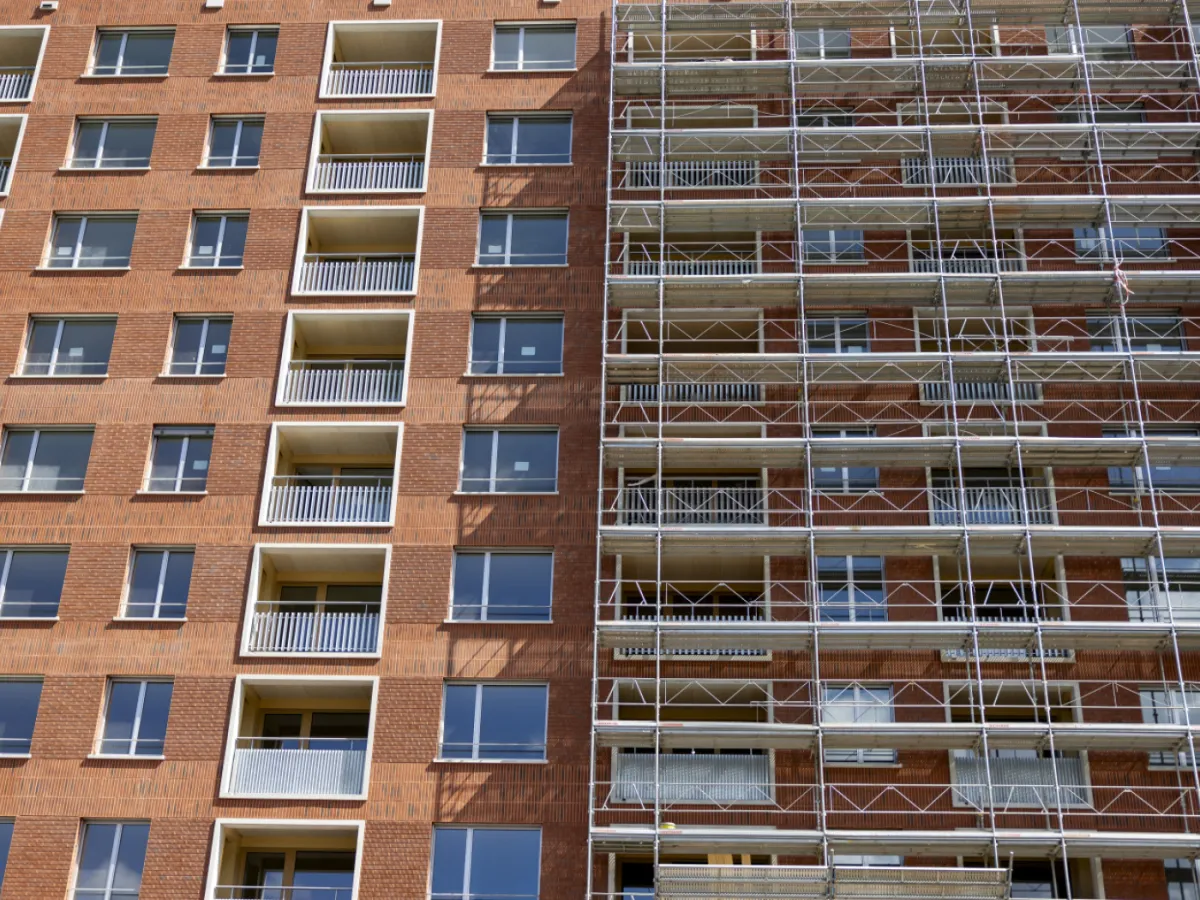Housing Shortage In Switzerland To Persist In Midterm, Say Authorities
-
Français
fr
La situation sur le marché du logement reste tendue en Suisse
Original
Read more: La situation sur le marché du logement reste tendue en Suiss
The situation is as tense as it was in 2014, when the last persistent shortage began, according to the latest monitoring update from the Federal Housing Office, published on Thursday. It also indicates that no easing is in sight in the medium term.
+Get the most important news from Switzerland in your inbox
The office notes that housing construction is unlikely to keep pace with household growth over the next two years.
The monitoring also points out that becoming a homeowner is now virtually out of reach for first-time buyers, if the costs of acquisition and use are taken into account. This makes the rental market all the more important, particularly for households with low to medium purchasing power, according to the office. They account for almost 80% of all tenant households.
The monitoring also shows that there is a certain balance between lower-income households and their housing. Around 80% of housing is affordable for these groups, except in Geneva, Lausanne, Basel, Lucerne and Zurich.
+ Older Swiss often look for new forms of housing – and fail
However, the situation is more complicated when it comes to the housing currently available on the market. Only 41% of rental properties are affordable for households with low to medium purchasing power, said the federal housing office.
The shortage varies in severity depending on the region. The situation is particularly critical in St. Moritz, but also in large cities and agglomerations. Monitoring shows that if all households with low to medium purchasing power were forced to move under current market conditions, their average rental costs would rise from 29.1% to 35.7% of their income.
Situation not yet alarmingThe housing office estimates that the situation is not yet alarming in terms of the housing stock. However, the office notes signs of deterioration, particularly among low-income households. The proportion of tenant households whose housing costs exceed their budget increased by 0.2 points between 2022 and 2023, to 2.8%. This figure remains lower than in 2018, however.
More More Demographics Wealthy Switzerland is a country of tenantsThis content was published on Sep 3, 2022 Why do most people in Switzerland live in rented accommodation?
Read more: Wealthy Switzerland is a country of tenant
Legal Disclaimer:
MENAFN provides the
information “as is” without warranty of any kind. We do not accept
any responsibility or liability for the accuracy, content, images,
videos, licenses, completeness, legality, or reliability of the information
contained in this article. If you have any complaints or copyright
issues related to this article, kindly contact the provider above.
Most popular stories
Market Research

- Motif AI Enters Phase Two Of Its Growth Cycle
- 1Inch Unlocks Access To Tokenized Rwas Via Swap API
- Kucoin Presents Kumining: Embodying Simple Mining, Smart Gains For Effortless Crypto Accumulation
- With Seal, Walrus Becomes The First Decentralized Data Platform With Access Controls
- Jpmorgan Product Head Joins GSR Trading MD To Build Institutional Staking Markets
- Innovation-Driven The5ers Selects Ctrader As Premier Platform For Advanced Traders





















Comments
No comment